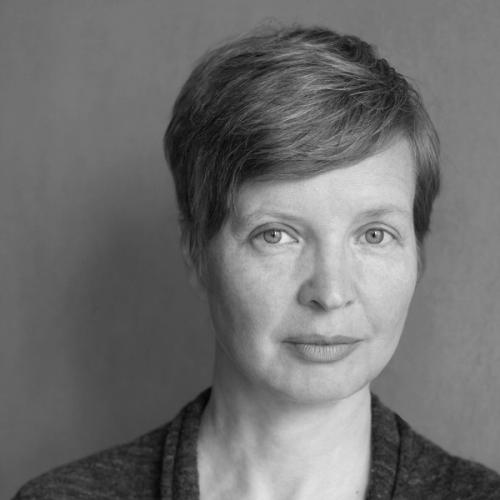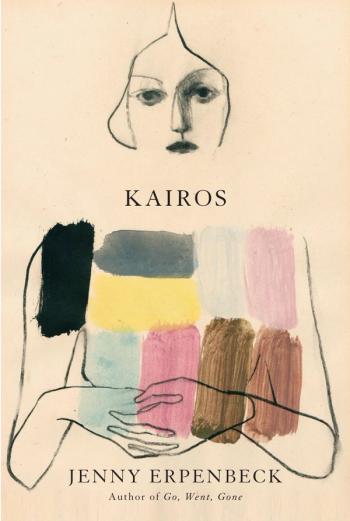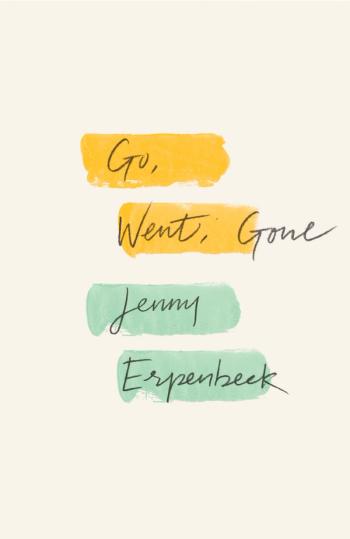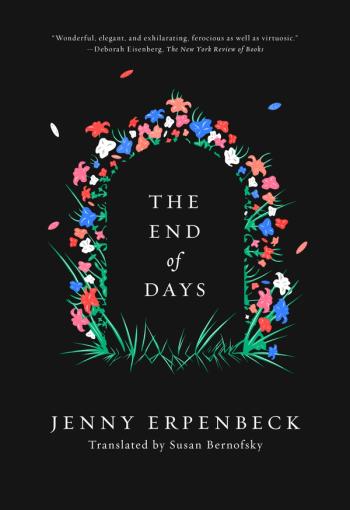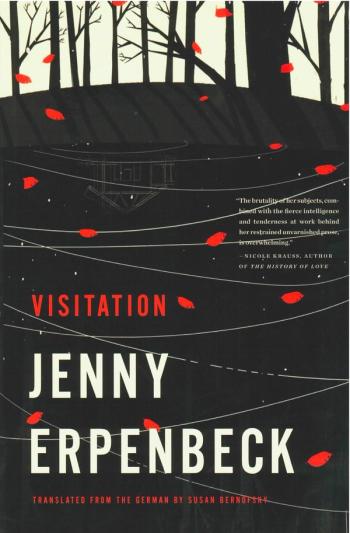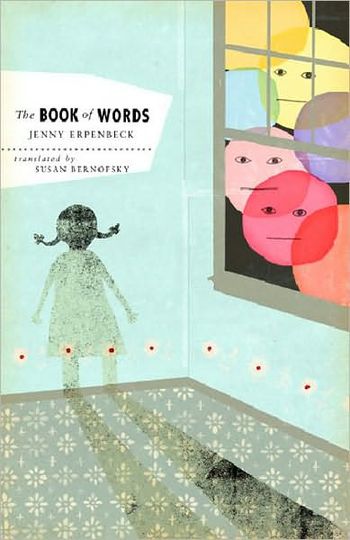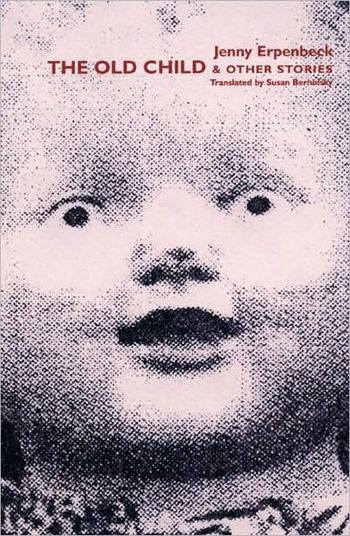Jenny Erpenbeck
Jenny Erpenbeck was born in East Berlin in 1967. New Directions publishes her books The Old Child & Other Stories, The End of Days, The Book of Words, and Visitation, which NPR called “a story of the century as seen by the objects we’ve known and lost along the way.” The End of Days won the prestigious Hans Fallada Prize and the International Foreign Fiction Prize, and is the author’s representative text for the 2024 Neustadt International Prize for Literature. Her most well-known work, Go, Went, Gone, was longlisted for The Man Booker International Prize in 2018, of which New Yorker critic James Wood noted that the book would be cited “[when] Erpenbeck wins the Nobel Prize.” Following her insightful non-fiction essay collection Not a Novel, comes the new novel Kairos, longlisted for the 2023 National Book Award for Translated Literature. In his praise for Kairos, John Powers emphatically stated on NPR that he fully expects "Erpenbeck to win the Nobel Prize sometime in the next five years.” An epic storyteller and arguably the most powerful voice in contemporary German literature, Erpenbeck lives in Berlin.
